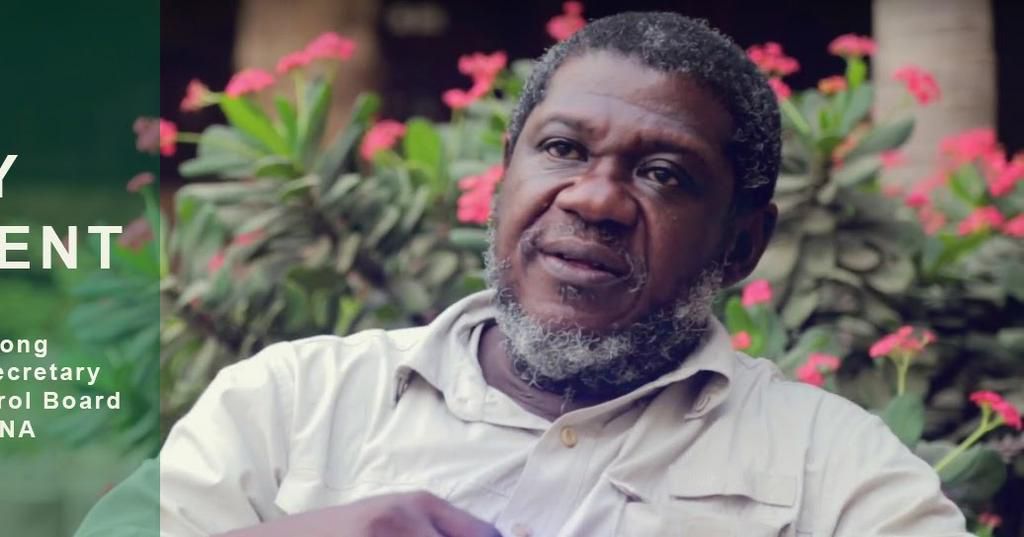Stop harassing people who use ganja — Dr. Yaw Akrasi Sarpong tells Police
)
According to him, those addicted to drugs might need medical attention, just like when anyone who contracts a disease would go to the hospital for treatment.
To this end, he supported the decriminalization of drug use as he argued that there are numerous medical benefits.
He explained that he is not calling for the legalization of drug use in Ghana but it's decriminalizing it.
Dr. Sarpong said people who use drugs rather need help "as it is a public health issue just like someone suffering from malaria or ulcer".
"I am not encouraging people to use drugs or weed, it can be addictive, but let us differentiate between private life and public safety.

"The Police are usually the first point of contact, their role in the safety and security of citizens is very important, hence the need to ensure proper implementation of the new law within the spirit that is intended," he added.
He made this known whiles addressing police prosecutors and detectives at a training workshop on ensuring the effective implementation of the Narcotics Control Commission Act 2020, Act 1019 in Kumasi, organized by the Perfecter of Sentiment(POS) Foundation, a human rights civil society organization which focuses its activities in the areas of access to justice, human rights, policy reforms, youth development, and social accountability.
Act 1019 was passed by Parliament on March 20, 2020, and officially became law after it assented to President Nana Addo Dankwa Akufo-Addo on May 11, 2020.
It is to help in reducing the demand and use of narcotic drugs through education, treatment, and rehabilitation of persons with substance use disorders.
)
)
)
)
)
)
)
)
)
)
)
)
)
)
)